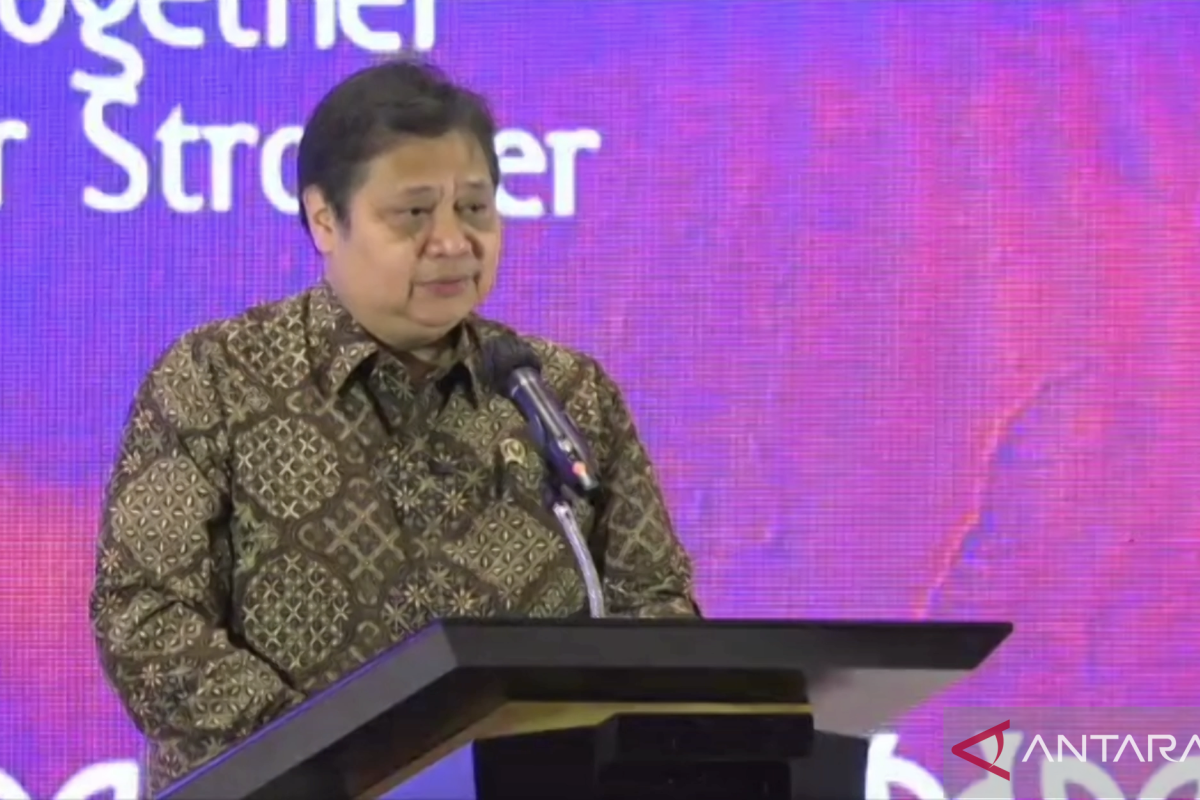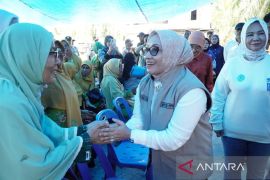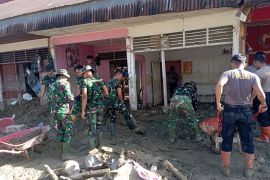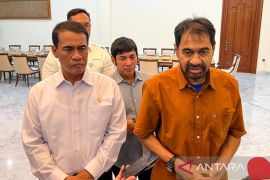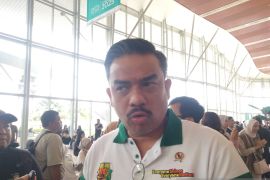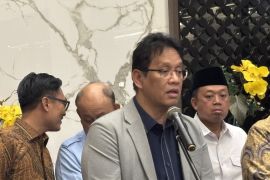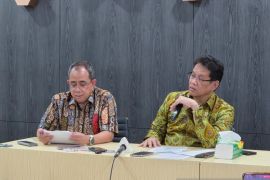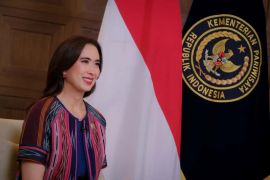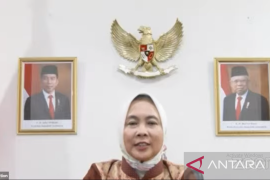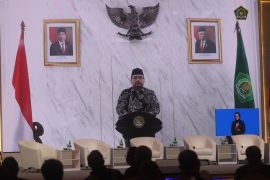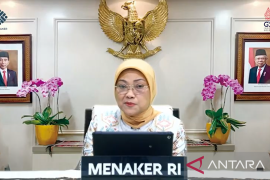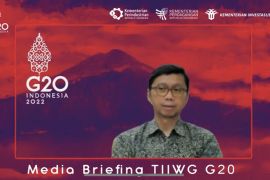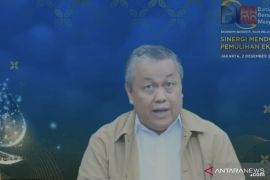"To achieve a stronger recovery, we need to make economic resources more accessible and increase people's income," he stated in his speech at the International Conference of G20 at the University of Indonesia, Jakarta, on Thursday.
Through its Presidency of the G20, Indonesia is highlighting the importance of inclusive collaboration, he added. Every country and every citizen, including vulnerable groups, should benefit from G20 policy actions and recommendations.
"International roles and collaboration must become more substantial. Multicultural leadership and international organizations are also playing an important role in ensuring an inclusive global recovery," Hartarto said.
Currently, the world is facing the 5Cs or five crises, the minister noted. The first is COVID-19; the second is the conflict between Ukraine and Russia, which has impacted energy and food prices; the third is climate change; and the fourth is the rise in the prices of commodities, especially oil, metal, and palm oil, which has pushed up inflation in several countries.
The last C is the high cost of living, which has stressed the availability of raw and staple food in several countries, including in Europe. In addition, more countries are tending to protect themselves to ensure sufficiency by cutting exports to other countries.
Related news: Push Islamic economics as global recovery solution at G20: VP
Currently, there are 14 countries that have decided to stop exporting staple products such as chicken and sugar due to supply chain instability. Therefore, the world must prepare for the potential for self-sufficiency in food production by 2023.
"We realize that, at this time, a balance between countries is urgently needed to help each other. The demands from the G20 Presidency to mobilize global efforts and actions must be carried out," Hartarto emphasized.
Therefore, through the G20 Summit in Bali in November, G20 member countries must join Indonesia in realizing a global commitment to a green, sustainable, and inclusive recovery, he said.
At many forums, including economic forums in Davos and Singapore, the issue of energy transition has continued to be discussed, he added. The forums have also deliberated on efforts to produce affordable energy and energy security for many countries.
Indonesia has also invited universities and experts to provide inputs at various Sherpa meetings as a manifestation of the concrete collaboration between policy makers, academics, and researchers.
“We have to implement policies in the real sector and also reduce the gap between concept and implementation. Global partnerships are needed not only for education and knowledge but also to support Indonesia's G20 Presidency," he added.
Related news: ETWG meeting prioritizes three issues regarding global energy dynamics
Translator: Kuntum Khaira R, Resinta S
Editor: Rahmad Nasution
Copyright © ANTARA 2022
